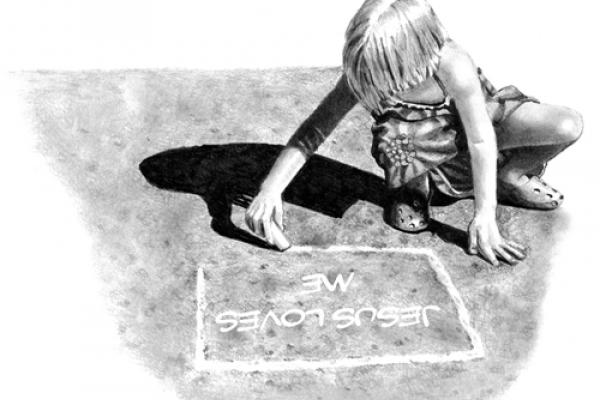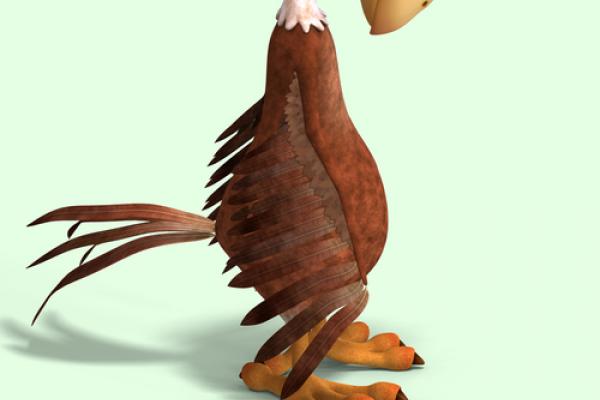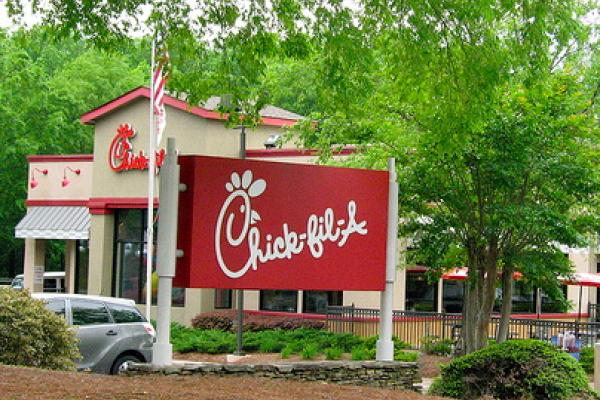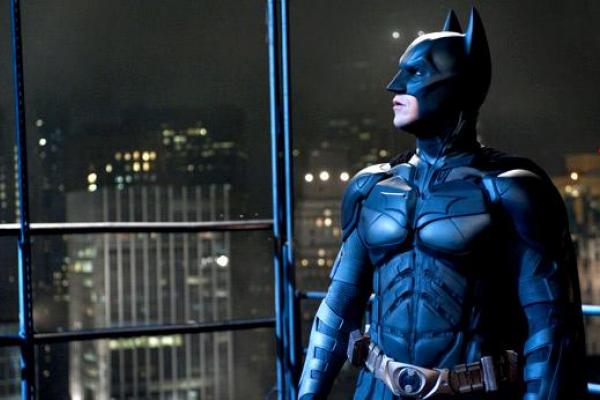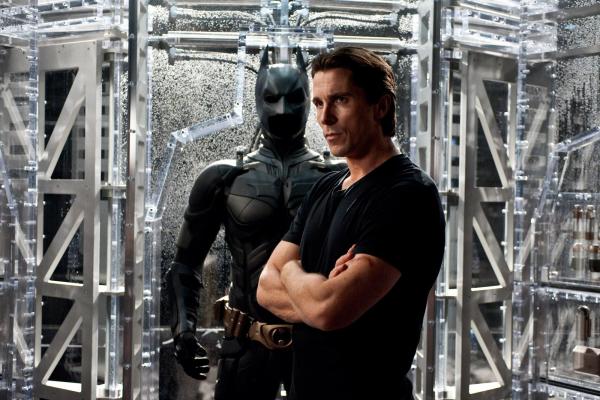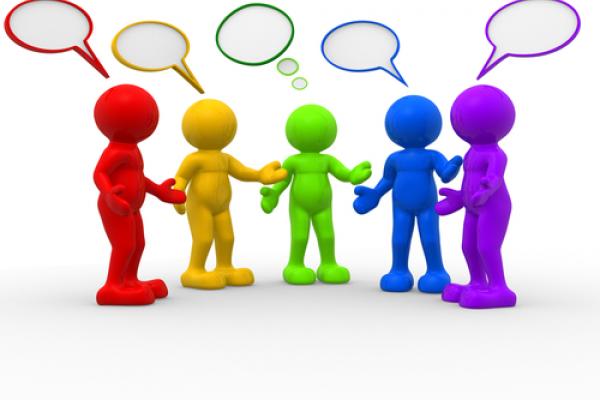On Friday, The New York Times reported:
"Moshe Silman, the desperately indebted Haifa man who set himself aflame last weekend as part of a social justice protest in Tel Aviv, died Friday from the second- and third-degree burns over 94 percent of his body.
In the year since 400,000 people filled Tel Aviv’s Rothschild Boulevard last summer, setting off a national protest movement, Mr. Silman, 57, had become a fixture of demonstrations in Haifa. His self-immolation stunned but also galvanized the protest movement, which had been struggling to find its footing."
Learn more here
A couple of years ago, I remember speaking to a middle-schooler about his worries of the world. During our conversation, he told me one of his biggest fears centered around Muslims. When I asked why Muslims generated so much fear in him, he said they were scary and are out to hurt people.
"Look at 9/11," he said. "Terrorists may take over the U.S. and then the world."
Around the same time I heard similar concerns from a 10-year old in my Sunday School class who joked about the terrors of Islam and how Muslims were going to take over the world. Again, I asked him where he received these ideas, to which he responded, “from my church back in Southern California.”
Both times, I had to remind my students that sometimes churches get it wrong. All people are created in the image of God. Every person is a child of God. God’s love brings understanding, reconciliation, and peace among one another. God’s love casts out all fear.
I’ve been a fan of Chick-fil-A for a long time. Their food is always great, their service is impeccable (almost to the point of being a little creepy), and the restaurants are squeaky clean.
It’s not every day that you can enjoy a fast food restaurant where you actually feel like you’re putting something reasonably good for you in your body. Well, at least not as bad as some.
But the point is, I have always liked them. And if I like them, my wife, Amy is practically a Chik-fil-A disciple.
We’ve planned meals on the road around their locations. Sure, I’ve known Chik-fil-A was a Christian-based organization with some values that leaned farther right than my own, but I respected their business model and ethic. Plus, I’m used to having fellow Christians to my right.
And then I saw this video:
So, I kicked the hornets' nest with my recent piece in The Atlantic, "In Defense of Eating at Chick-fil-A." The comments were brutal, with most excoriating the chicken chain and rejecting my argument that boycotts such as this are a waste of time. I've received many emails about this, and a few issues have been raised that need addressing.
First, is the matter of Chick-fil-A's funding. Critics claim that they have donated millions of dollars to "hate groups." A report by Equality Matters serves as the basis, but a deeper look at the actual numbers tells a different story.
Yes, Chick-fil-A donated money to "pro-family" groups, but most of them — with the exception, perhaps, of the Family Research Council, which received a paltry $1,000 from the fast-food company in the year cited — don't deserve the derisive title.
Included in the list are organizations such as Fellowship of Christian Athletes. If you know anything about FCA, you'll agree that labeling them "anti-gay" is flat out dishonest. Regardless of your stance on gay marriage, I encourage you to investigate EM's report and do your homework on what the groups on this list actually stand for and work toward. You be the judge.
Underlying the question of funding is a fundamental distinction that too few Americans fail to recognize. Our society must begin to recognize that being "anti-gay marriage" is not the same as being "anti-gay." Chick-fil-A's top executives and perhaps the corporation as a whole might be classified under the first label but not the second.
No introductions necessary here, right? We all have been looking forward to this conclusion of the Christopher Nolan-directed Batman trilogy and I am happy to report that my excitement for the summer blockbuster has been satisfied.
The Dark Knight Rises takes the viewer to the eight-year anniversary of the death of Gotham's white knight, Harvey Dent. Despite knowing the dark truth about Dent's demise, Commissioner Gordon (Gary Oldman) maintains the virtuous persona of the slain District Attorney while similarly honoring the reclusive behavior of the ailing and secretive heir, Bruce Wayne (Christian Bale).
Batman, too, has been out of the spotlight in the years following Dent's death, having taken the blame for his demise in order to cover Dent's actions, but his absence is put to the test with the emergence of a new villain — the mercenary extraordinare, Bane (Tom Hardy), who brings the havoc and rage reminiscent of Wayne's former mentor, Ra's Al Ghul.
Batman is forced to re-evaluate his former relationships with Gordon, Lucius Fox (Morgan Freeman), and his loyal butler, Alfred (Michael Caine). He also must learn whether to trust new people on the scene or not, including the successful (and fetching) thief Selina Kyle (Anne Hathaway), board member Miranda Tate (Marion Cotillard), and Gotham Police Officer John Blake (Joseph Gordon-Levitt). The rest you'll have to see for yourself.
In light of the tragic events which took place in Aurora, Colo., a few days ago, I feel uncomfortable providing a review of a film I was watching at the same time as the dozen souls who lost their lives in such an unfathomably awful situation. I’m sure that the emotions of excitement and anticipation that I felt in the days leading up to the film, as the previews rolled and as the opening scene of The Dark Knight Rises unfolded before my eyes, will forever be mixed with feelings of deep sadness and anger the senseless violence that descended in Colorado.
Through the lens of what happened last Friday, The Dark Knight Rises has, rightly or wrongly, taken on a new layer of meaning for me (and, I'd imagine, many other moviegoers). It is a film about the very darkest of times — when all hope seems lost, when there are no heroes — and what happens when we allow the worst of ourselves to take control.
But it is also a story about redemption. It is a tale of finding courage in the face of overwhelming adversity, in spite of overwhelming physical and spiritual suffering. Christian Bale’s Batman (and indeed his Bruce Wayne), is in some ways a more timid character, by comparison, to the Batman who saved Gotham City from The Joker's psychotic games in The Dark Knight.
Older, weaker, and yet not much wiser, in The Dark Knight Rises Batman/Wayne does not see the city that in which he has made himself a recluse, in the same way as its other citizens. We see a man out of touch with those he once had inspired, with many citizens of Gotham believing Batman to be a murderer (the ghost of Harvey Dent looms large throughout the film) or leaving him for dead.
He has nothing more to give to a Gotham where organized crime is a thing of the past, a city that no longer believes it needs a hero to protect it. Gotham, its leaders conclude, is doing just fine without "the Bat."
It is difficult to discuss "hard topics" with people with whom I disagree.
When someone supports a political candidate whom I resist, holds to a theological understanding that I find confusing, or when I hear opposing points on climate change, poverty, global economics, human sexuality, etc., it is challenging to listen with a genuinely open ear.
However, what I have found is that, even if I feel passionate about a particular point of view, when I am able to open up and genuinely listen to others, great things take place throughout the exchange. Through honest and open interaction, an increased level of mutual respect and understanding is achieved, we learn to understand why things are perceived the way they are, and the overall strength of the relationship grows.
In our current North American climate of political polarization, religious division, and socio-economic seclusion, it is time to have more dialogue on — among other things — dialogue.
A friend of mine once said, “a true and genuine dialogue only takes place when each person is willing to be ‘converted’ to the other side of the argument.” At first I was skeptical of this remark, as I wondered how I could ever open myself up to being “converted” on certain topics about which I felt strongly. But now I am beginning to see the wisdom in such a statement.
